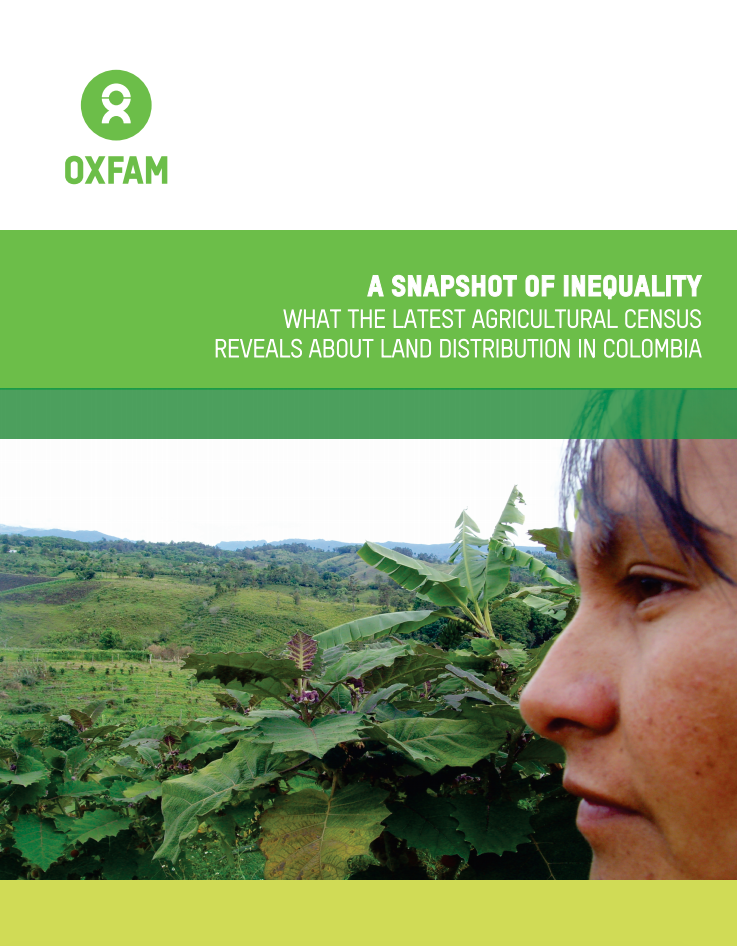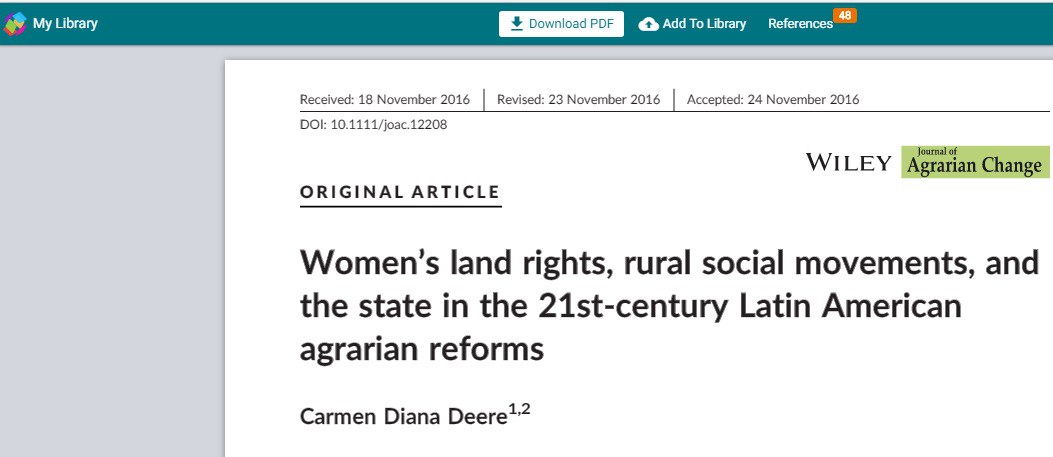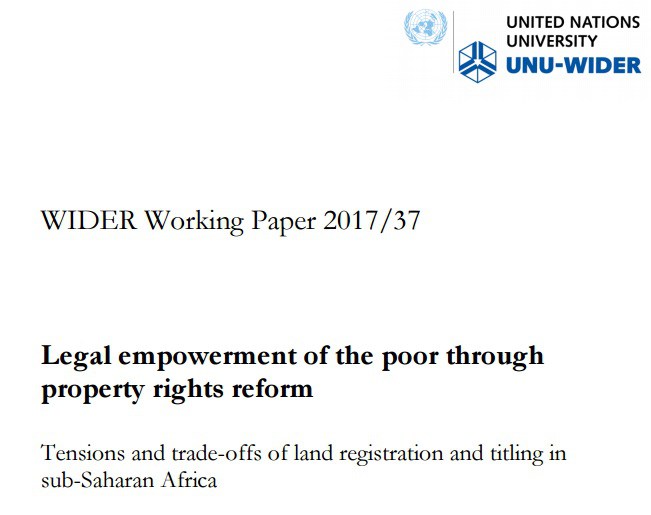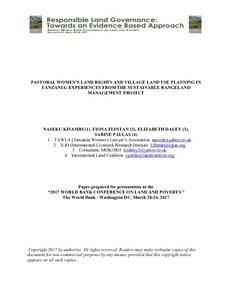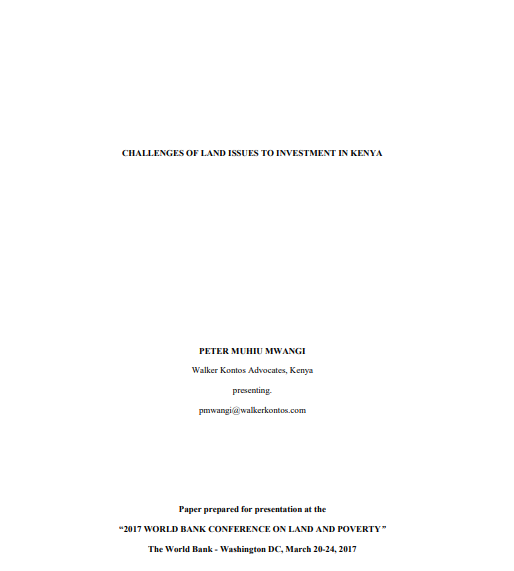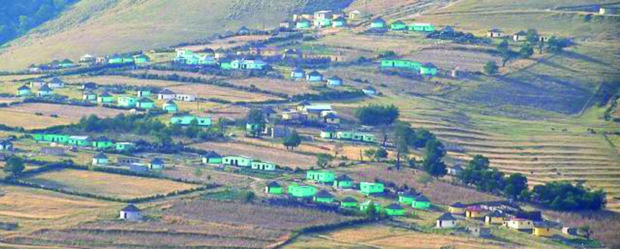Creating learning and action space in South Africa’s post-apartheid land redistribution program
This paper uses the case of South Africa’s latest land redistribution strategy known as the Proactive Land Acquisition Strategy, to explore whether, and how, research can have direct and positive impacts on beneficiaries of land reform. The study is situated within the practice of action research: to explore how it can generate knowledge that can be shared back and forth between stakeholders, as well as how it may ignite changes that the participants desire. The findings are that Proactive Land Acquisition Strategy is not meeting the overall goals land reform.


